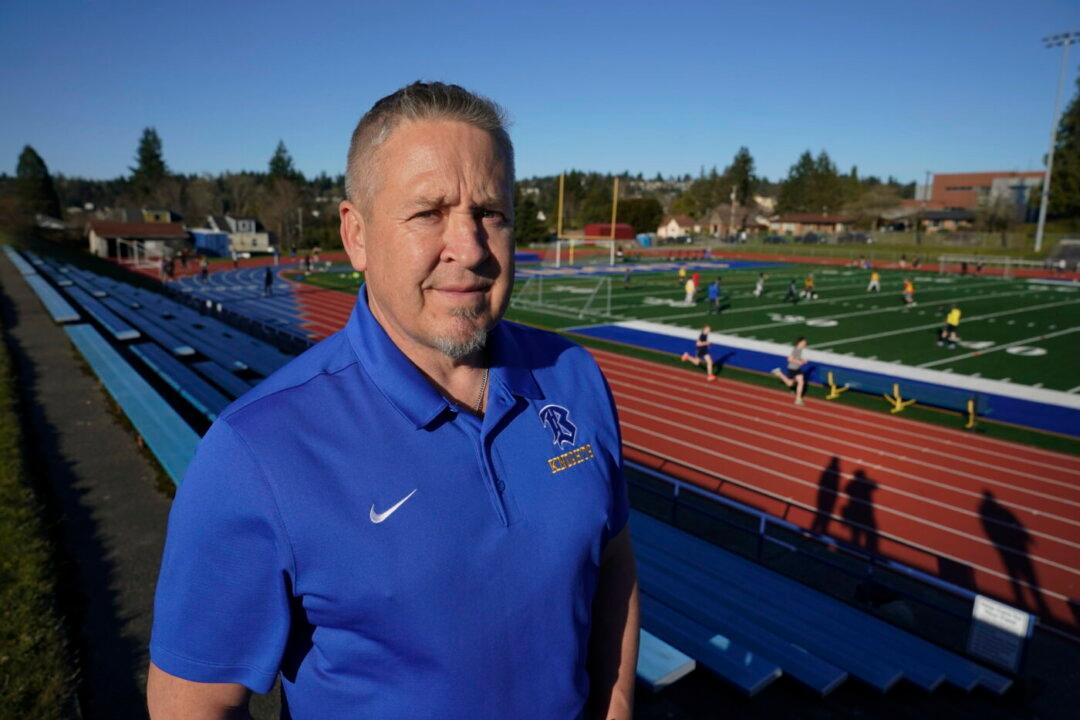The high school football coach who was fired for praying on the 50-yard line says he just wants his job back after the U.S. Supreme Court decided in his favor.
The Supreme Court ruled 6–3 on Monday that the sacking of Joseph Kennedy, who is a Christian, violated First Amendment religious freedom protections.





